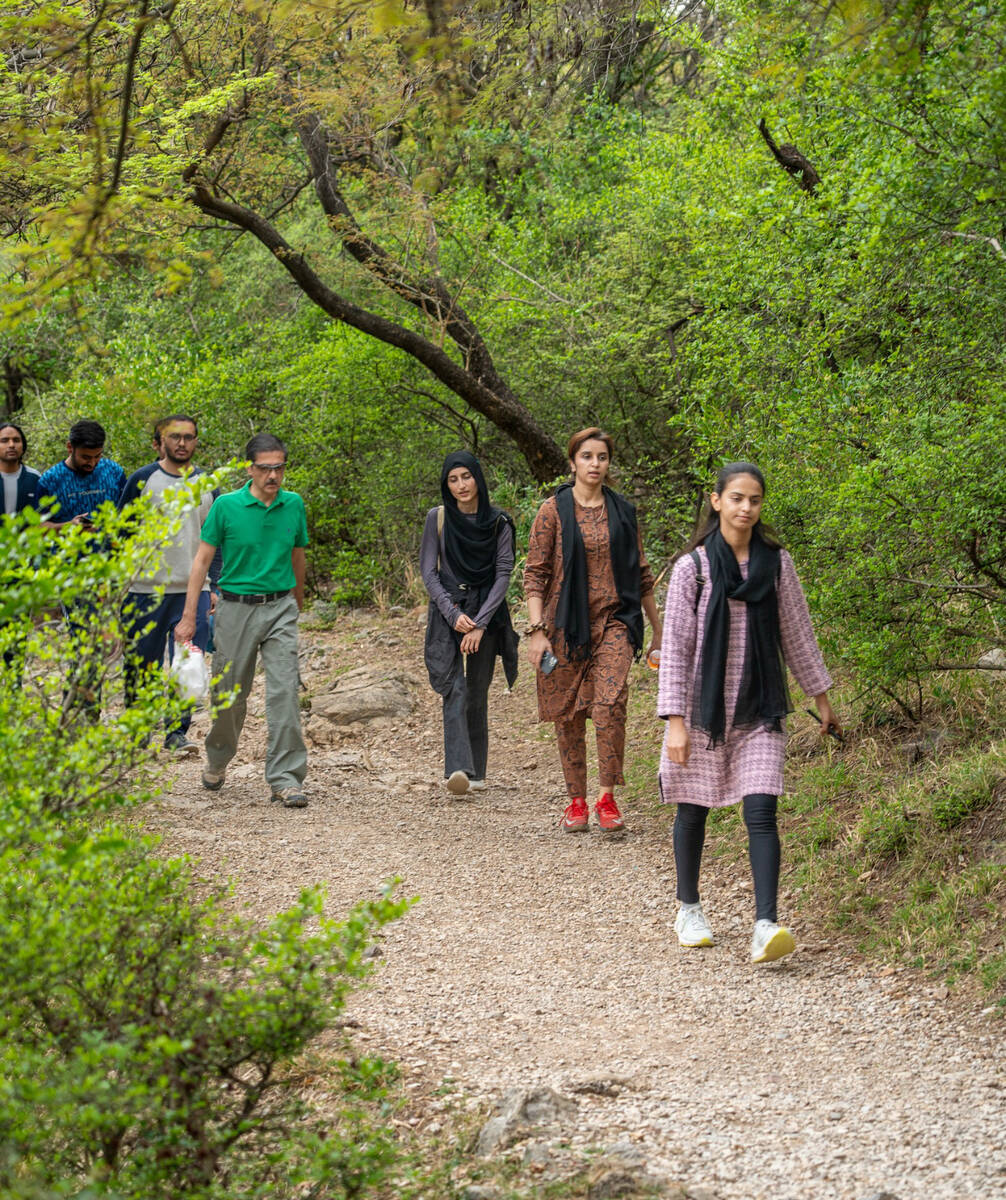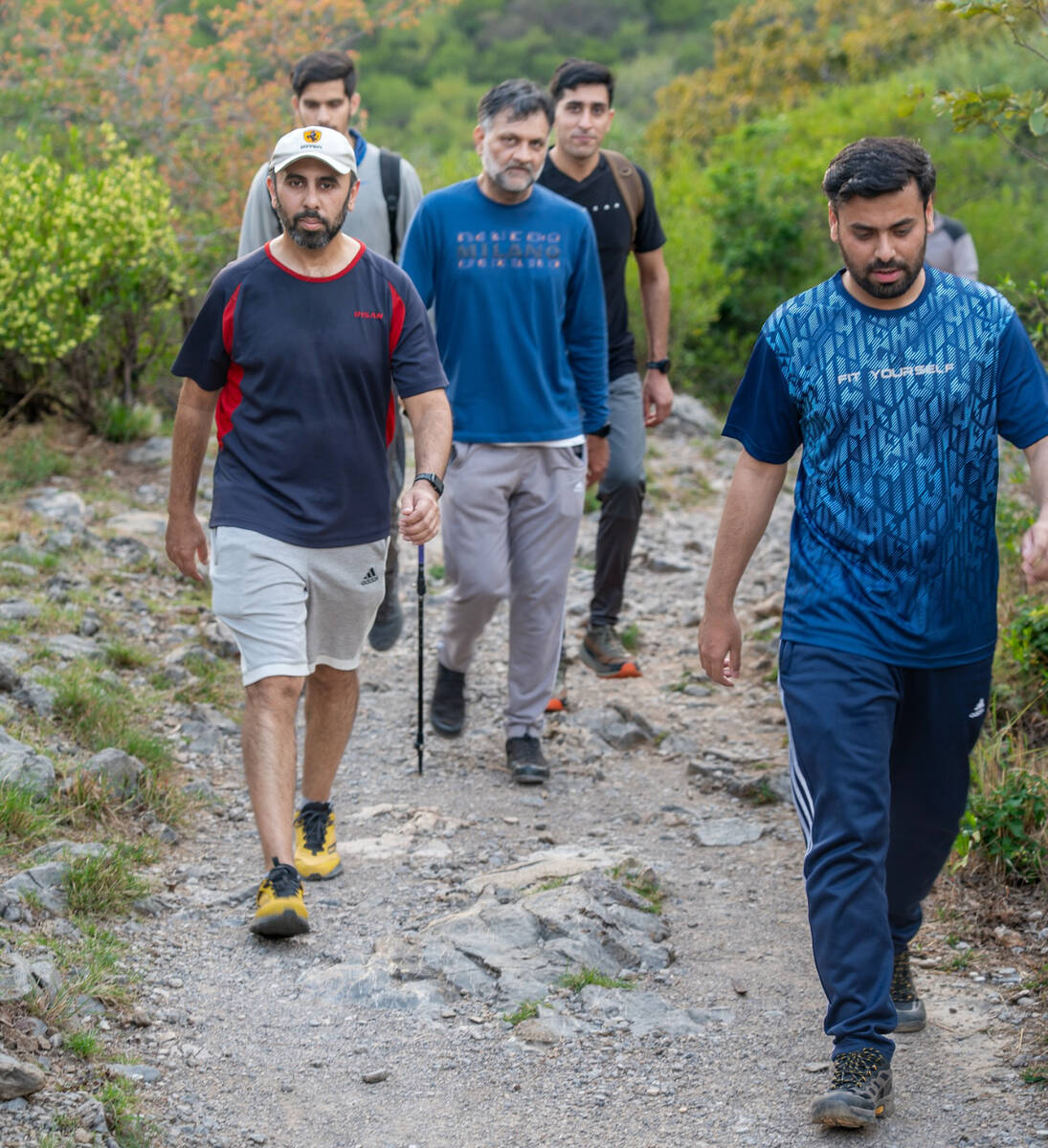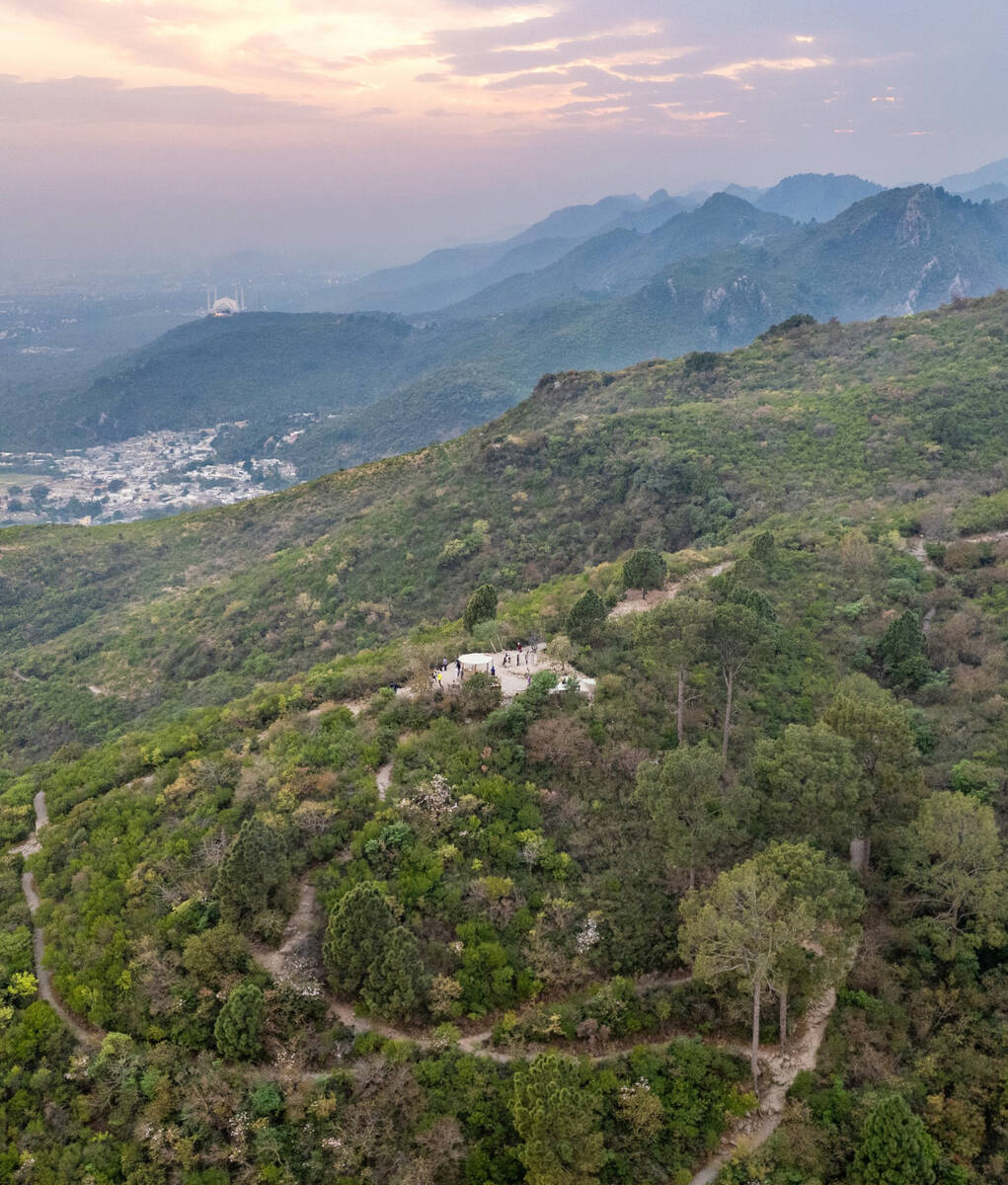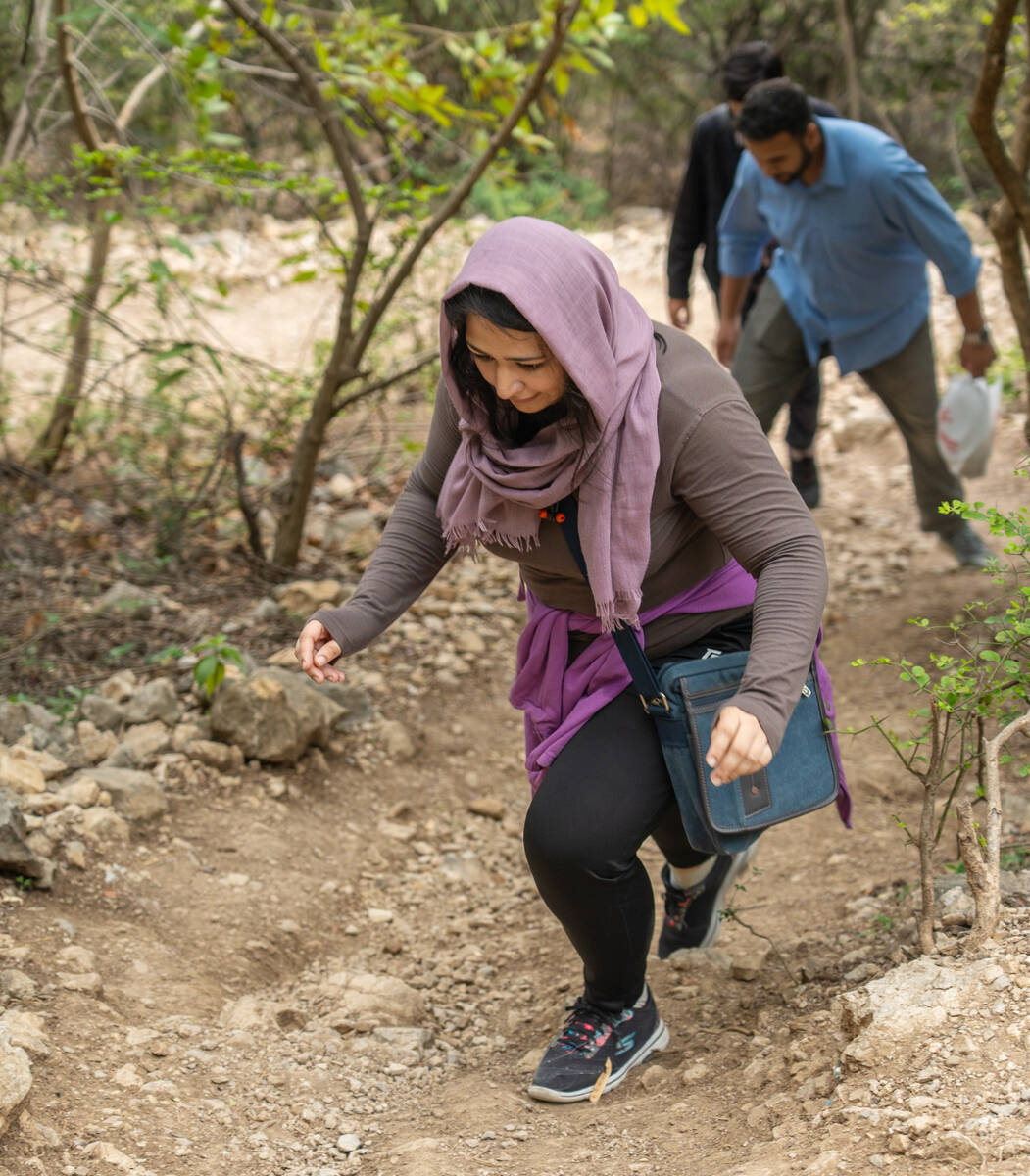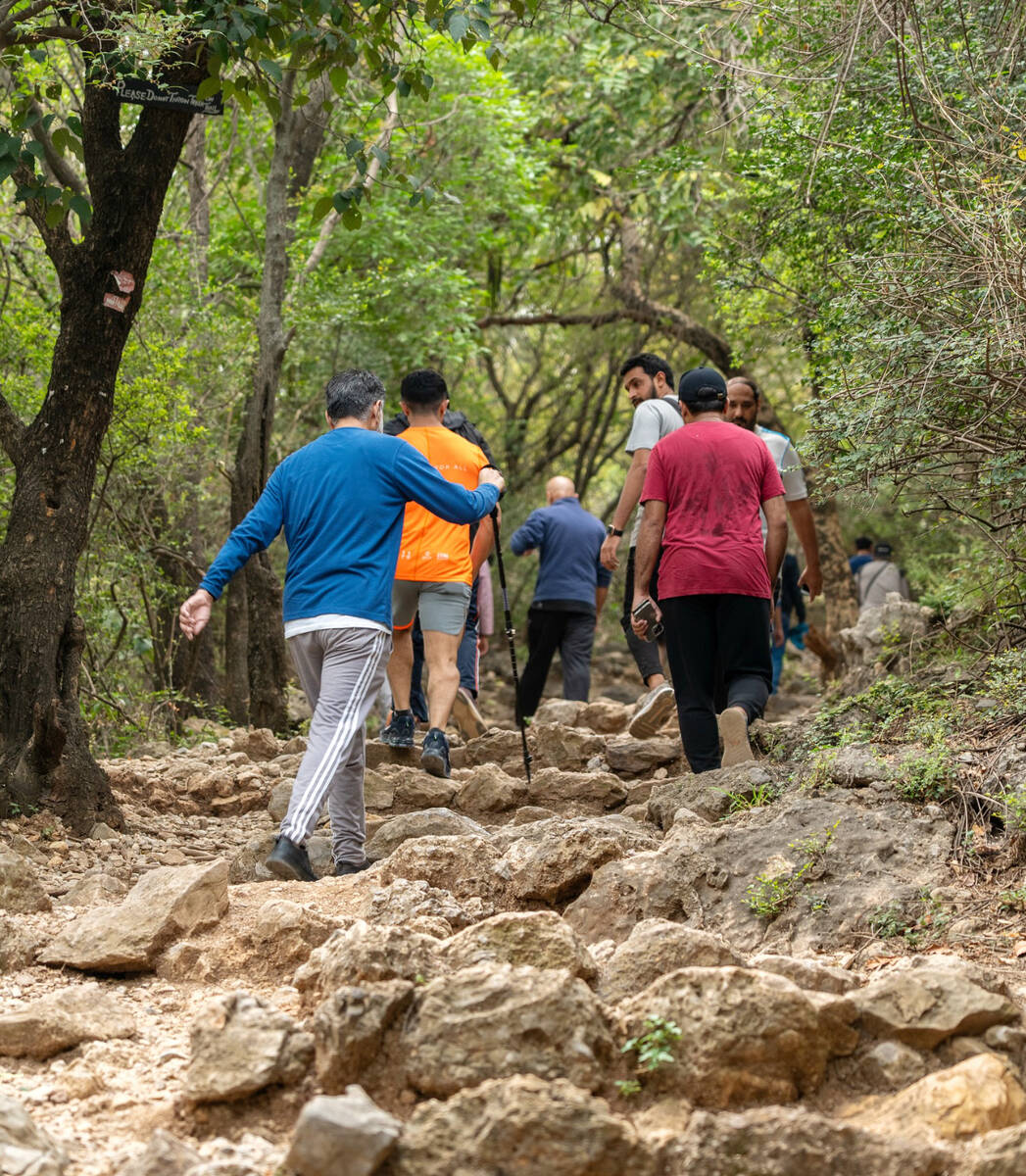BANGUI: The UN has condemned the killing of a Kenyan peacekeeper in an ambush of a patrol in the east of the Central African Republic.
Florence Marchal, the spokesperson for MINUSCA, the peacekeeping mission in the Central African Republic, said the soldier was killed during a UN patrol near the village of Tabant, 24 km northwest of Sémio.
Marchal said Valentine Rugwabiza, the UN Secretary-General’s Special Representative for the Central African Republic, “condemns this attack in the strongest possible terms” and is “extremely shocked by this despicable attack on peacekeepers whose mission is to protect civilian populations.”
Government spokesperson Maxime Balalu said that government and law enforcement authorities would do everything possible to bring the perpetrators to justice.
The A Zande Anikpigbe militia carried out the ambush, according to Semio official Amadou Bi Djobdi.
“This is an act that cannot be tolerated. There is no more room for anarchy, and the bandits must face up to the law,” Djobdi said.
Despite its vast mineral wealth, including gold and diamonds, the Central African Republic remains one of the world’s poorest countries. Rebel groups have often operated with impunity, thwarting mining exploration by foreign companies.
The country has been in conflict since 2013, when predominantly Muslim rebels seized power and forced then-President François Bozize from office.
Six of the 14 armed groups that signed a 2019 peace deal later left the agreement.
Locals and the government have credited Wagner forces with preventing rebels from taking control of Bangui in 2021.
The country is one of the first in which the Russia-backed mercenary Wagner Group established operations with the pledge of fighting rebel groups and restoring peace. Wagner forces have served as personal bodyguards for President Faustin Archange Touadera, helping him win a constitutional referendum in July 2023 that could extend his power indefinitely.
The A Zande Anikpigbe militia is one of several such groups that Wagner mercenaries have trained in recent years.
Wagner Group regional chief Dimitri Syty said last year that the militia had been committing atrocities “because they’re cut off from the country” and that Wagner’s training has helped integrate it into the national army.







